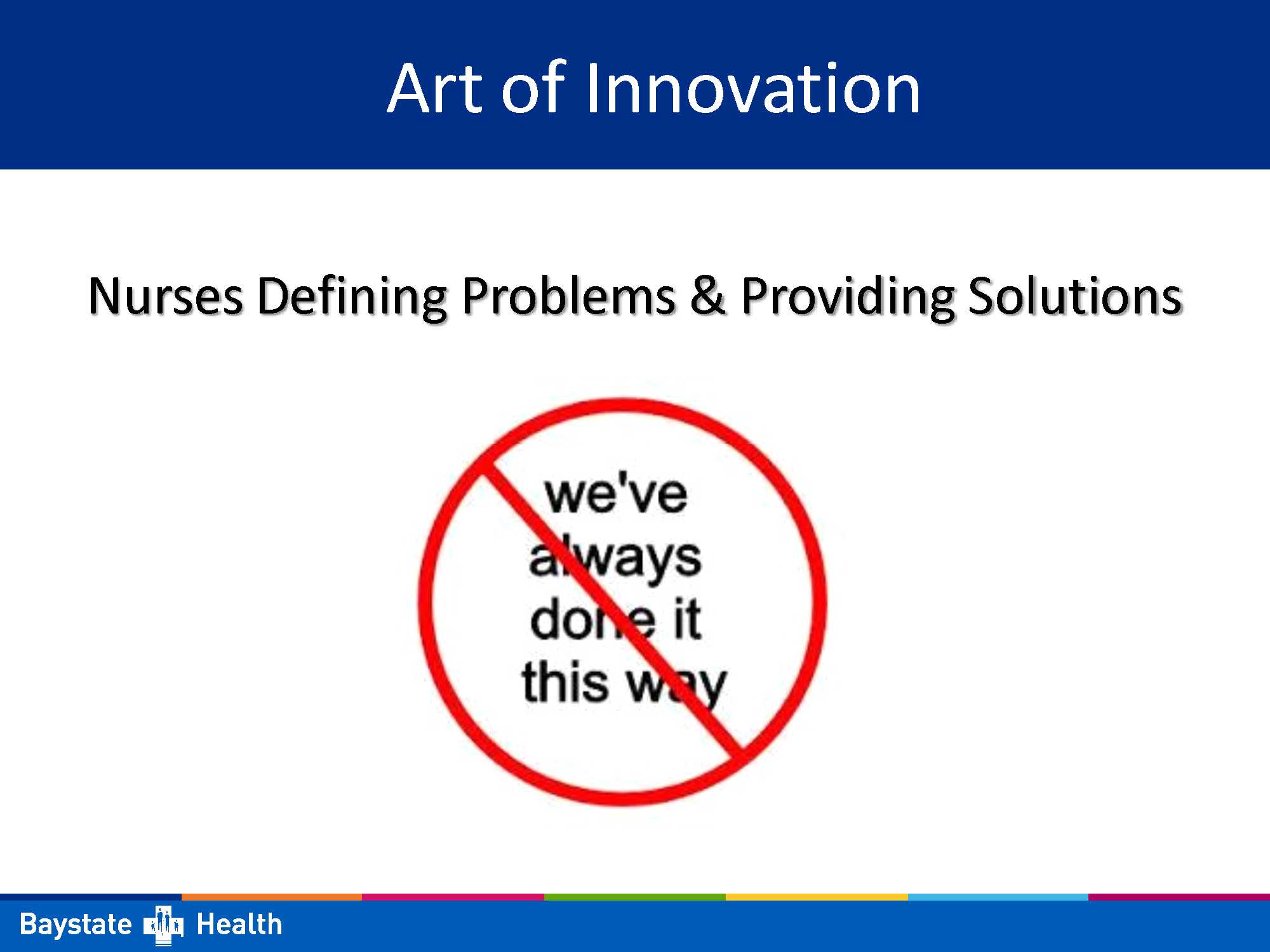Preview

Creation Date
10-2017
Description
In the surgical spine population, fear of the surgical experience as well as the potential for postoperative pain is often a source of significant distress which can influence postoperative expectations and overall patient satisfaction. Patient education and defining postoperative pain expectations are valuable and affordable alternatives to the rising costs, both fiscal and personal, associated with our national reliance on opioids as the primary strategy for postoperative pain management. Although there is significant literature on the efficacy of preoperative education classes in the orthopedic population, the efficacy of preoperative education classes for surgical spine patients including their effect on pain perceptions and postoperative expectations has not been widely examined. We hypothesized that preoperative education targeting postoperative pain expectations and pain management strategies would improve the patients' perception of postoperative pain and thus their overall experience. Standardized preoperative education was developed and offered through in-person classes held twice weekly at our main hospital and once monthly at a rural location, and through an online video link. A prospective cross-sectional, non-experimental study design was conducted with data collection occurring through preoperative and postoperative patient questionnaires. Over the course of a 9 month period, a total of 350 postoperative spinal surgery patients were enrolled in the study. Of the participants enrolled, 133 patients participated in the preoperative education offerings. The 212 patients who did not participate in preoperative education expressed a “better than expected level of pain” after surgery. The reality of their operative experience was that their fears, anxieties, and pain were less than they had anticipated. The majority of patients who received the education expressed that their postoperative pain level was “as expected.” Additionally a greater number of participants who received the educational offerings reported a history of chronic pain. The majority of participants noted that the video and the in-person educational sessions were helpful in preparing them for surgery. Preoperative education can be an effective tool to reduce patients’ fears and anxiety related to the surgical experience by acknowledging and discussing those fears and anxieties and by setting realistic expectations of postoperative pain and management strategies.


